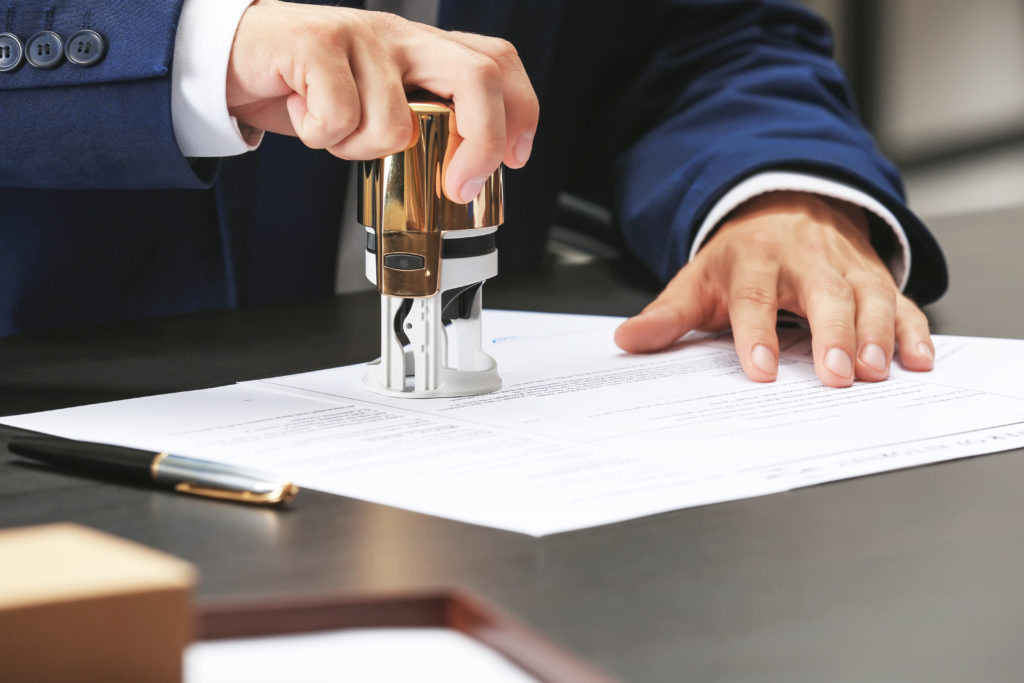Demystifying Notarial Job: Streamlining the Duty and Importance of Notaries
In the intricate web of lawful documents and verification, notaries stand as pillars of guarantee and credibility. Their role, frequently shrouded in enigma for many, brings considerable weight in ensuring the credibility and integrity of crucial files. As guardians of legality and truth, notaries play a critical part in our culture, yet their work is not always totally comprehended. By untangling the complexities surrounding notarial methods and losing light on the importance of their acts, a more clear understanding arises of the essential duty notaries play in maintaining the textile of lawful and contractual arrangements.
The Background of Notarial Work
The history of notarial work dates back to ancient human beings, where scribes played an important duty in recording vital information and verifying papers. This led to the advancement of notaries, people designated by the state to act as objective witnesses in legal matters.
During the Center Ages, notaries obtained prominence in Europe, with their functions expanding to include composing legal records, certifying signatures, and protecting records. The surge of global trade further stressed the relevance of notarial operate in verifying contracts and arrangements throughout boundaries.
In the modern-day period, notaries proceed to play a vital function in legal and business purchases by validating identifications, validating the authenticity of records, and avoiding fraudulence. Their duty in certifying the validity of contracts includes a layer of safety and depend the ever-evolving landscape of commerce and legislation.

Obligations and Responsibilities of Notaries
The historical advancement of notarial work from ancient human beings to the modern period has actually formed the distinct tasks and responsibilities that notaries support in lawful and organization purchases today. Notaries play an important role in validating the authenticity of records and the identification of signatories. One of their main responsibilities is to witness the signing of crucial files, such as acts, contracts, and wills, to ensure that all events are getting in right into agreements purposefully and voluntarily. Notaries likewise confirm that signatories are of sound mind and not under discomfort or coercion.
They license copies of initial files, supplying guarantee to establishments that the copies are true replicas of the originals. Generally, the tasks and obligations of notaries are vital in securing the integrity and legality of different documents and deals - Deceased Estate.
Notarial Certificates and Signatures
Exemplifying careful attention to information, notarial certificates and trademarks work as crucial components in confirming the credibility of lawful records. Notarial certificates usually contain essential information such as the day of notarization, the names of the signatures, a summary of the document, and the notary's official seal. These certifications give a clear document of the notarial act, making sure that the document can be easily recognized and traced back to the notary a knockout post that looked after the process.
Trademarks play a pivotal function in notarial work, as they signify the agreement and authorization of the parties included. Notaries very carefully witness the signing of papers to verify the identity of the notaries and confirm that they are signing of their own complimentary will. By fastening their official seal and trademark to the file, notaries accredit that the needed treatments have been followed which the paper is valid and enforceable.
Fundamentally, notarial certifications and signatures are the trademark of credibility in lawful deals, supplying assurance to all celebrations included that the records are genuine and binding.
Significance of Notarial Acts

Notarization Refine Discussed
Discussing the notarization procedure provides quality on the essential steps entailed in validating legal papers. The registration process typically begins with the specific offering the record to a notary public. The notary after that validates the endorser's identification with appropriate identification techniques. As soon as the identity is validated, the notary makes sure that the specific signing the file does so willingly and without any kind of coercion.

Verdict

Notarial certifications typically consist of critical information such as the day of registration, the names of the signatories, a summary of the paper, and the notary's main seal. These certificates offer a clear document of the notarial act, guaranteeing that the paper can be easily determined and traced back to the notary that supervised the process.
By attaching their official seal and trademark to the record, notaries accredit that the needed treatments have been adhered to and that the record is enforceable and valid.
By validating the identification of the Notary signatures, confirming their readiness to enter right into the agreement, and accrediting the day and area of the signing, notaries play an essential duty in promoting the credibility of legal papers.After the file is signed, the notary will affix their main seal or stamp onto the file.
Comments on “Notary Public: Your Trusted Witness and File Authenticator”